- +92 328 825 2222
- info@rainlabel.co
Our Client Care Managers Are On Call 24/7 To Answer Your Question.
Sodium Alginate is a natural, non-toxic and very useful thickener for textile painting or printing. It is made from seaweed (brown algae or kelp). With Sodium Alginate you can thicken liquid paints or dyes for stamping, screen printing, stencilling or tie dyeing.
Sodium Alginate, a natural product derived from seaweed, a widely used natural polysaccharide in textile printing. It is valued for its ability to act as a thickening and printing agent.
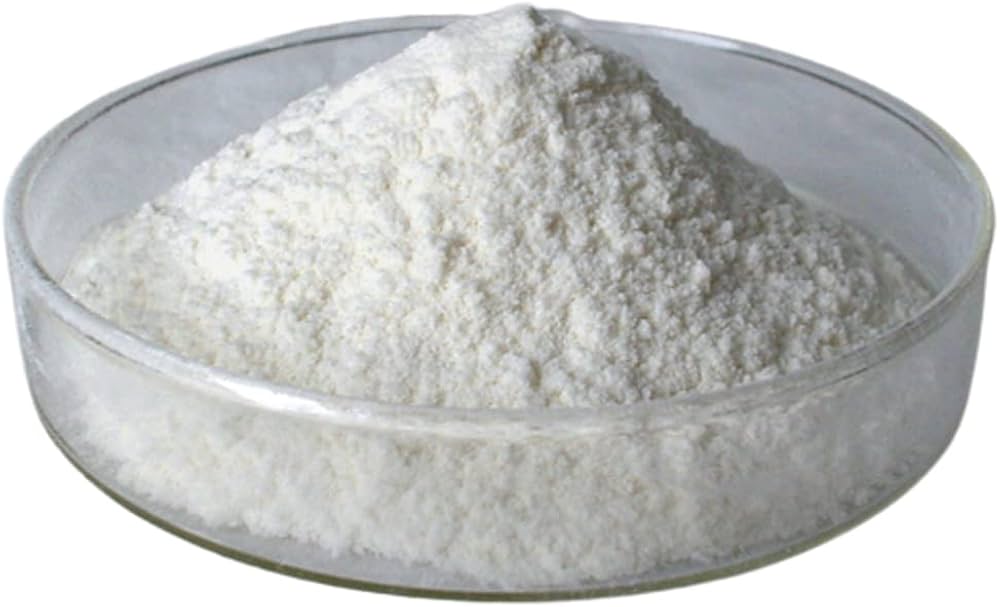
By adding Sodium Alginate to dyes for tie dye, you can prevent the dye from bleeding and you get very sharp lines. Paints thickened with Sodium Alginate do not leave marks as is often the case with the usual paste-like textile paints. The thickener is washed out after fixing and only the colour remains in the fibre.
Sodium alginate, a natural polysaccharide derived from brown seaweed, is widely used in various industries due to its thickening, gelling, stabilizing, and emulsifying properties.
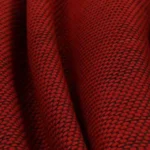 Known for its excellent thickening properties. It can significantly increase the viscosity of printing pastes, providing control over the flow of the paste during the printing process.
Known for its excellent thickening properties. It can significantly increase the viscosity of printing pastes, providing control over the flow of the paste during the printing process.
Water-Solubility: Water-solubility make it easy to dissolve in water-based printing pastes. This characteristic ensures that the alginate disperses uniformly, contributing to the homogeneity of the paste.
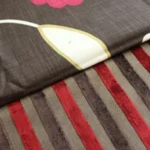 Helps in controlling the rheological properties of the printing paste, allowing for adjustments in viscosity. This control is essential for ensuring proper adhesion of the paste to the fabric.
Helps in controlling the rheological properties of the printing paste, allowing for adjustments in viscosity. This control is essential for ensuring proper adhesion of the paste to the fabric.
Compatibility: Alginate is generally compatible with a wide range of dyes and chemicals used in textile printing, making it versatile in various printing formulations.
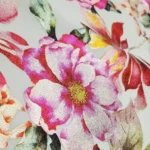 Similar to other thickeners, alginate often exhibits shear-thinning behavior. This means its viscosity decreases under shear stress, facilitating the application of the paste during printing and recovering viscosity when the stress is removed.
Similar to other thickeners, alginate often exhibits shear-thinning behavior. This means its viscosity decreases under shear stress, facilitating the application of the paste during printing and recovering viscosity when the stress is removed.
Eco-Friendly: Alginate is a natural and renewable resource, derived from seaweed. Its use aligns with the increasing emphasis on sustainability in the textile industry.
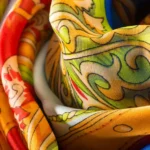 Alginate contribute to the formation of a thin film on the fabric, aiding in the adhesion of dyes and other components of the printing paste.
Alginate contribute to the formation of a thin film on the fabric, aiding in the adhesion of dyes and other components of the printing paste.
Ionic Interaction: Alginate has ionic properties and can form complexes with metal ions. This interaction can be important for certain dye-fixation processes.
Biodegradability: Alginate is biodegradable, making it a more environmentally friendly choice compared to some synthetic thickeners.
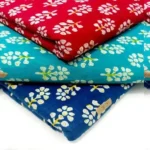 Alginate is generally stable over a range of pH levels, making it adaptable to various printing processes that may involve different pH conditions.
Alginate is generally stable over a range of pH levels, making it adaptable to various printing processes that may involve different pH conditions.
Resistance to Microbial Degradation: Alginate exhibits resistance to microbial degradation, contributing to the stability of the printing paste over time.
Wash Fastness: The use of Sodium Alginate in textile printing contribute to the wash fastness of the printed design, ensuring that the dyes adhere well to the fabric and resist fading during washing.

RAIN LABEL is a leading brand specializing in high-quality food colors, textile chemicals, food chemicals, and a broad range of essential industrial products.
© 2025 – Rain Label I All Rights Reserved